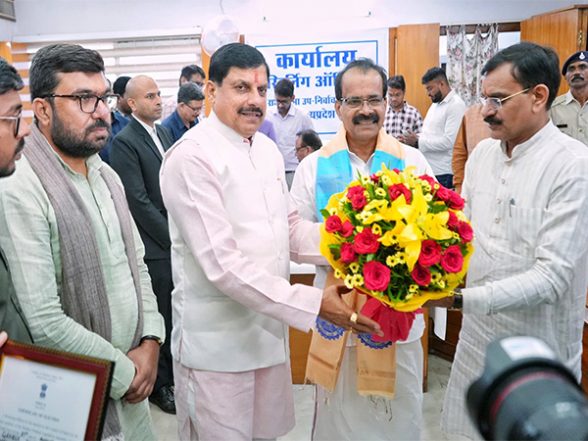RADARSEMARANG.ID, Magelang – The Health Social Security Management Body (BPJS) admits that the implementation of the National Health Insurance Program (JKN) has the potential for fraud or cheating. BPJS Senior Director for Health Ali Ghufron Mukti said the perpetrators could come from different parties. Starting with patients, partner healthcare institutions (faskes), to BPJS Kesehatan employees themselves.
Ghufron gave an example of cheating by patients. For example, lending JKN-KIS cards to other people who do not participate in JKN-KIS. The card is used for medical purposes. Then, in healthcare institutions such as hospitals, there are discoveries that manipulate patient diagnosis.
“For example, the diagnosis is fatty enlargement, but the allegation is called cancer or malignancy,” he said after delivering a speech at an international seminar organized by BPJS Kesehatan on the topic. “On Fraud in Social Insurance: Prevention, Detection, and Elimination,” at Plataran Heritage, Thursday (8/12).
BPJS employees may also commit acts of fraud. For example, reducing the amount of capitation payments that should have been paid. “We started to fight against fraud, starting by building a fraud prevention cycle including preventive actions, detection of potential fraud and treatment actions,” he explained.
Concrete measures include issuing regulations, building detection systems through the use of technology, and imposing penalties on violators.
Director of BPJS Kesehatan Health Service Guarantee, Lily Krenowati, added that one of BPJS Kesehatan’s efforts to prevent fraud is to use it artificial intelligence (IA). There are three axes of AI development. Namely with user experience, process improvement and the use of insights and predictions. BPJS Kesehatan has developed the use of biometrics, data analysis technology and machine learning.
Meanwhile, Indonesia’s Corruption Eradication Commission (KPK) Deputy Chairman Alexander Marwata said health programs need to be monitored as they affect many people’s livelihoods and absorb a large health budget. This represents about 5% of the state budget. This has the potential for irregularities in health facilities.
“KPK initiates an integrated ecosystem stakeholders the health sector, including professional organizations and health facility organizations,” Marwata explained.
The speakers at the seminar were KPK Prevention Deputy Pahala Nainggolan, BPJS Director of Exam Oversight and Institutional Relations Kesehatan, Mundiharno.
Also present were speakers from the European Network Against Fraud and Corruption in Healthcare, Caisse Nationale d’Assurance Maladie (CNAM) France, National Health Security Office (NHSO) Thailand, Review and Health Insurance Assessment (HIRA) South Korea, National Health Authority (NHA) India. (put/list)
Journalist:
Puput Puspitasari

“Zombie geek. Beer trailblazer. Avid bacon advocate. Extreme introvert. Unapologetic food evangelist. Internet lover. Twitter nerd.”





